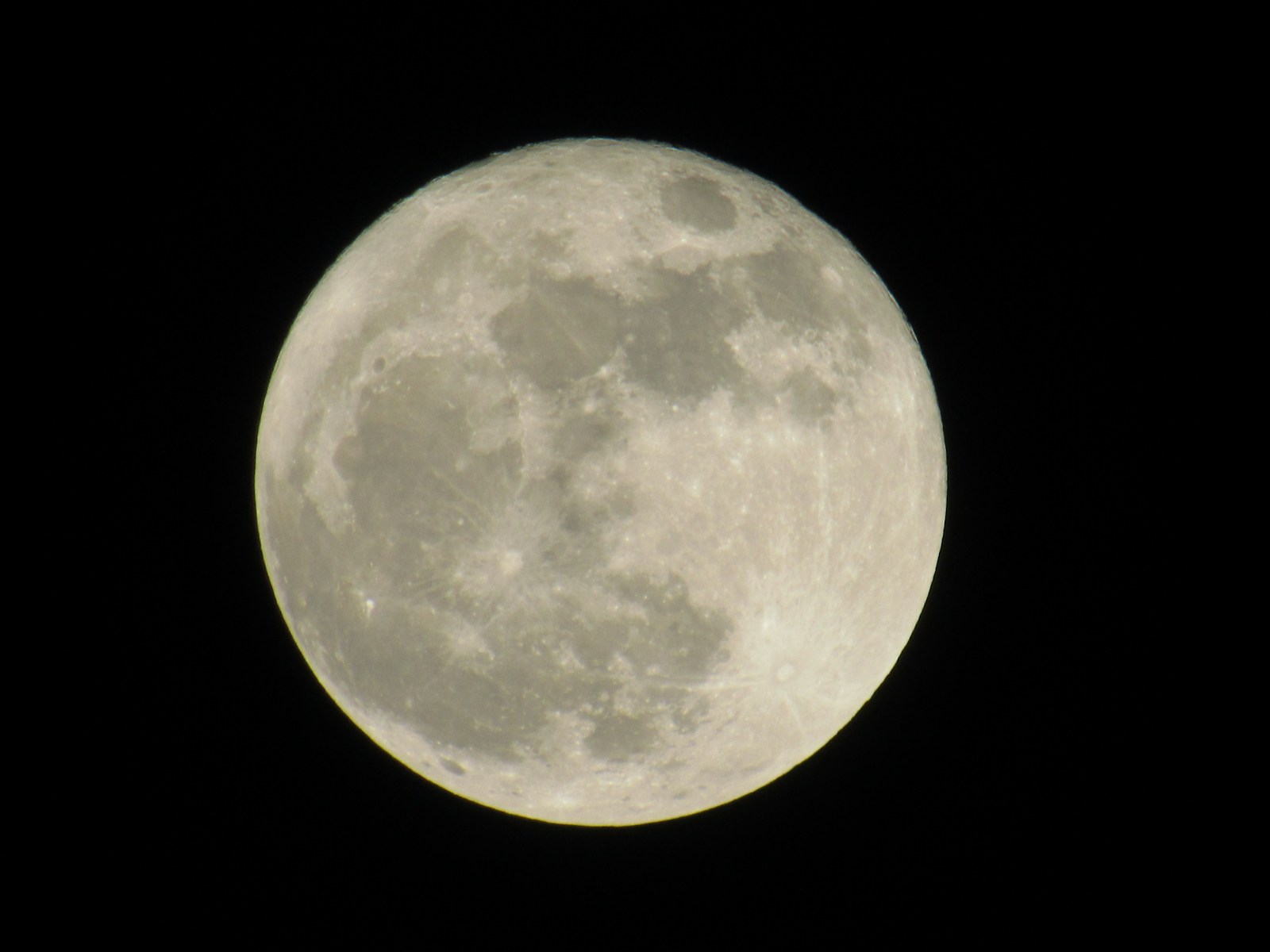
luna

moon
'Luna' is the Spanish noun for moon. The moon is the natural satellite of the earth, visible at night by reflected light from the sun.
Example sentences using: luna
La luna está llena esta noche.

The moon is full tonight.
This phrase is usually used for observations about the moon. In Spanish, 'luna' refers to the moon and 'llena' signifies that the moon is full or completely illuminated.
Van a lanzar un cohete a la luna.

They are going to launch a rocket to the moon.
This sentence could be used when discussing about space explorations. The word 'cohete' refers to a rocket in Spanish.
La luna parece un queso.

The moon looks like a cheese.
This sentence follows the common metaphor that the moon resembles a cheese due to its craters that look like the holes in Swiss cheese.
Vio eclipse de luna por primera vez.

He saw a lunar eclipse for the first time.
This phrase is usually used when someone experiences watching a lunar eclipse ('eclipse de luna' in Spanish) for the first time.
Ella lleva un collar con un colgante de luna.

She wears a necklace with a moon pendant.
This sentence can be used to describe a piece of jewelry someone is wearing. 'Collar' and 'colgante' refer to necklace and pendant respectively.
Muero por un helado de luna llena.

I'm dying for a full moon ice cream.
This phrase might be found in a menu in Spain, where 'helado de luna llena' is a name for a popular ice cream dessert shaped like a full moon.
La luna de miel fue en Paris.

The honeymoon was in Paris.
In this context, 'luna de miel' refers to honeymoon. It literally translates to 'honey moon'.
La luna brilla en el cielo nocturno.

The moon shines in the night sky.
This phrase can be used to describe the night sky, where 'brilla' means shines in Spanish.
Está en el séptimo cielo luna.

He is over the moon.
The phrase 'en el séptimo cielo luna' is a Spanish idiom which means to be extremely happy, similar to the English idiom 'over the moon'.
La luz de la luna entró por la ventana.

None
This is a common phrase used to describe a serene, nighttime scene. In Spanish, 'luz de la luna' refers to moonlight.